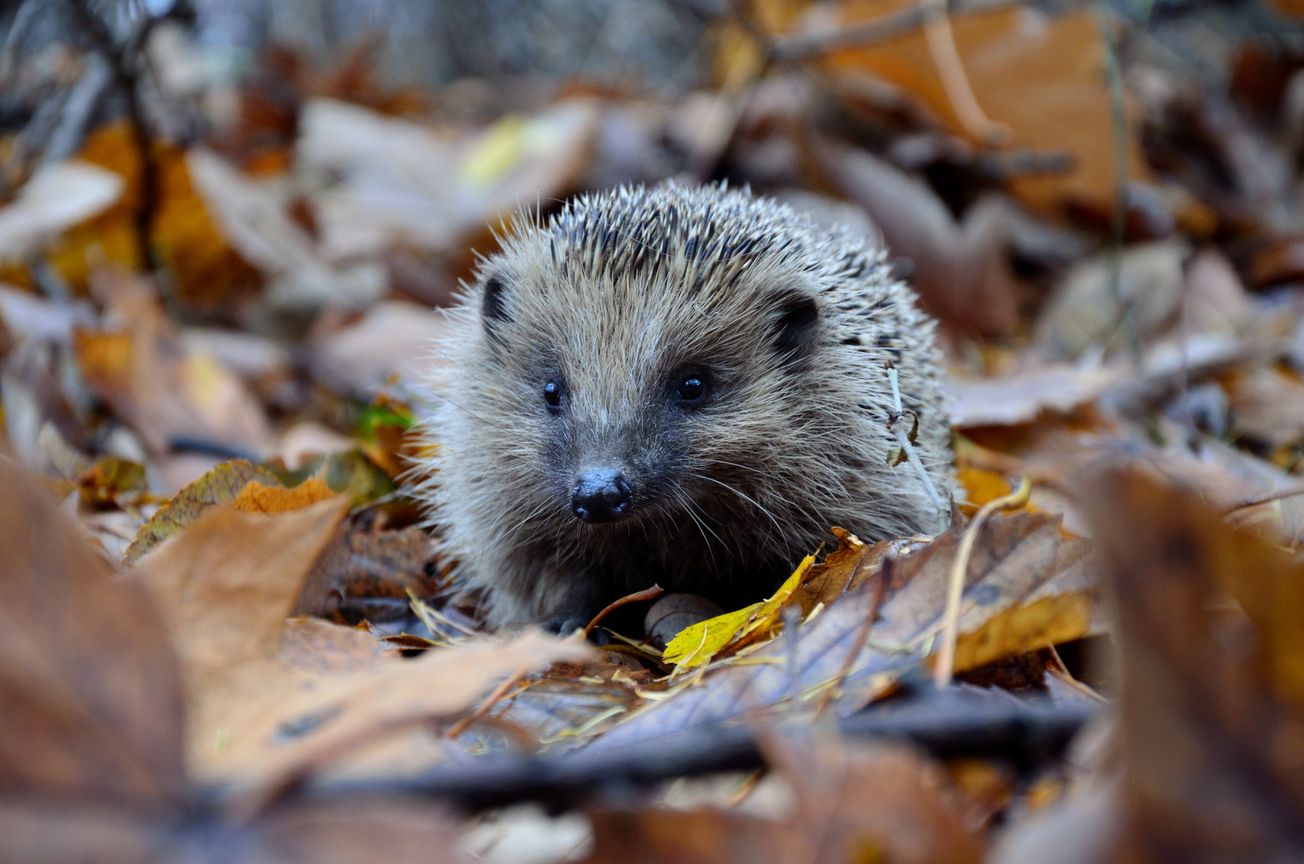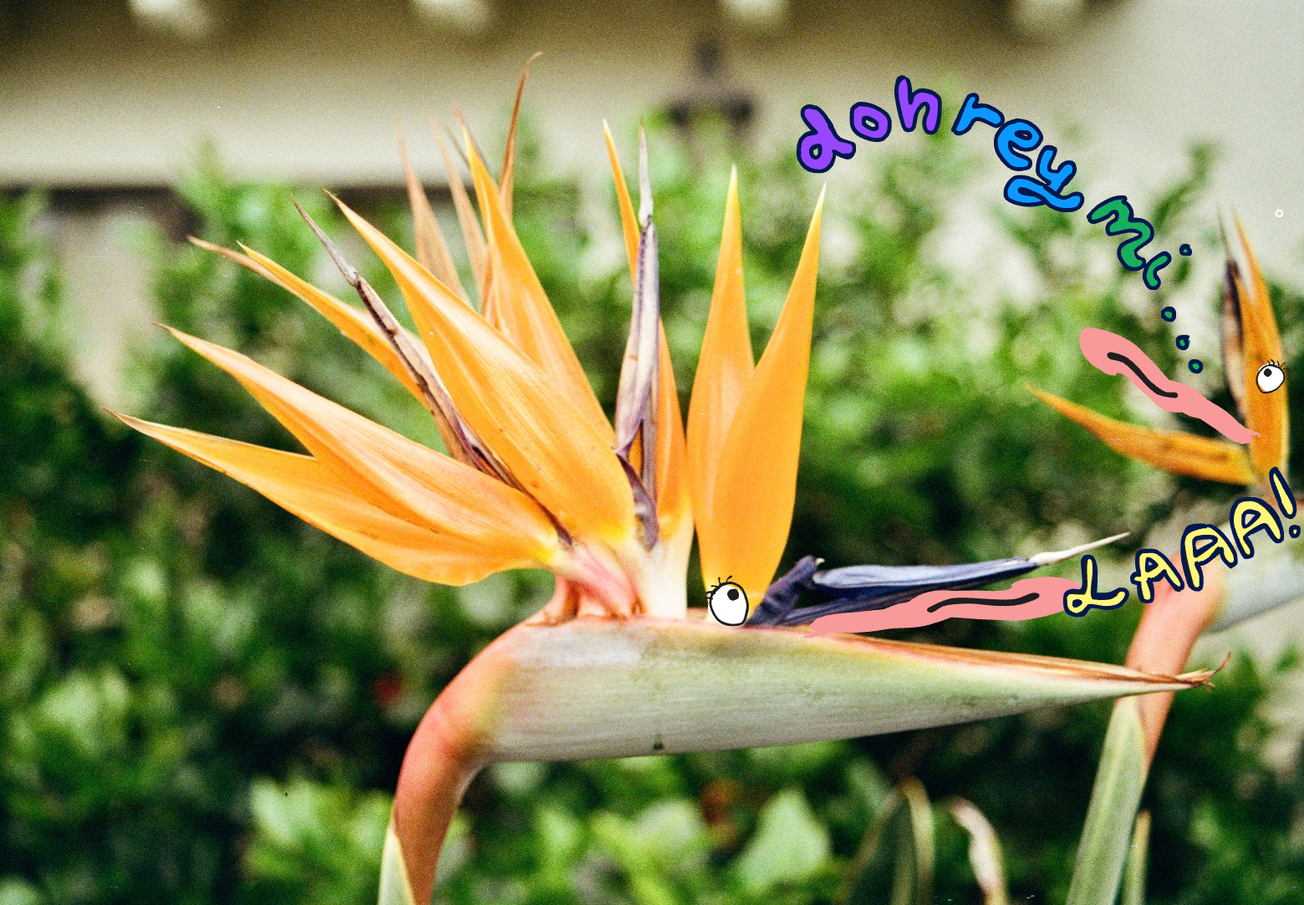By Vilhelmiina Haavisto, SciTech Editor
The University has joined a scheme supported by the British Hedgehog Preservation Society.
Hedgehog populations in the UK have declined steadily over the past two decades. According to a 2011 report published by the People’s Trust for Endangered Species (PTES) and the British Hedgehog Preservation Society (BHPS), the proportion of sites surveyed that harbour hedgehogs may have declined by up to 40 percent over the past decade. Many factors make human-inhabited places unsafe for hedgehogs, including litter and traffic in urban areas, and rapid habitat loss in rural areas that in turn pushes the hogs towards urbanised areas.
The goal of the scheme that Bristol, along with 32 other UK universities, has joined is to both raise awareness about the plight of Britain’s hedgehogs and to make changes to campus areas to support them. These include organising student litter picks, providing training for staff to be able to safely rescue injured or ill hedgehogs, and actively surveying populations to further develop the campaign. The scheme involves many members of the university community, who all have a part to play in hedgehog conservation.
The University’s campaign is run by the Estates and Sustainability teams, as well as staff and student volunteers. Yvonne Cox, who attended the campaign launch at the University, commended the University allotment for harbouring “natural hedgehog food sources”, as well as a “lovely hedgerow” where they can rest in safety. Cox believes that humans owe it to nature to have “scruffier, connected wild spaces” in urban environments where animals such as hedgehogs can thrive.
Spiky visitors to our campus will receive a warm welcome thanks to our new #HedgehogFriendlyCampus campaign, launched yesterday with Yvonne Cox from Hedgehog Rescue (& Zorro🦔😍)
— Bristol University 🎓 (@BristolUni) October 31, 2019
Find out how to help save urban hedgehogs:https://t.co/pPbtJRoNKY pic.twitter.com/2SYE9dtUVb
Those wishing to get involved with the campaign can join the Hedgehog Friendly Campus University of Bristol Facebook group to keep up-to-date with events and news. The first student litter pick took place on October 29th, and was a great success with 15 bags of rubbish collected from Brandon Hill.
Students can also take steps on their own to protect hedgehogs, through simple actions like clearing up litter or creating ‘hedgehog homes’ in their gardens. These are very easy to create; according to the RSPCA, a hedgehog home can be as simple as “piles of leaf litter and logs”. The hedgehogs will repay you by eating the slugs and snails that may plague vegetable patches.
To feed them the RSPCA recommends non-fish based tinned dog or cat food or crushed dog or cat biscuits, though foods made specifically for hedgehogs are also available to purchase from garden centres wildlife food suppliers. Milk is strongly cautioned against, as it can cause diarrhoea; water in shallow bowls is recommended instead.
Helping hedgehogs is particularly important in the months before winter really sets in, as they hibernate between late November and mid-March. During hibernation, the hogs rely on their fat reserves to keep them going through cold winters. The British Hedgehog Preservation Society website has comprehensive information on what to do if you find a wounded or sick hedgehog in wintertime.
Featured image: Unsplash / Piotr Laskawski
How do you help hedgehogs? Let us know!









